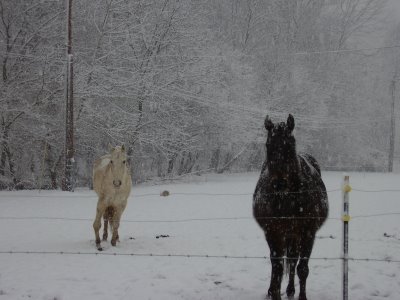to get the upper hand in situations. Scripture illustrates that there are dangers associated with such a desire.
Abram and Lot had left Egypt and were traveling towards Bethel (Gen 13:3). Both had significant herds and flocks. Living in such proximity friction developed between the households (Gen 13:8). To create harmony Abram proposed dividing up the land. He allowed his nephew to have the first choice. Lot picked, what appeared to be best, the fertile land of the Jordan Valley. Unfortunately, this meant that his neighbour was the wicked city of Sodom.
In time Lot moved into Sodom (Gen 14:12). When the city was attacked Lot, his family and possessions were carried off by the enemy. They were rescued by Abram (Gen 14:16). In time God decided to destroy the city while protecting Lot’s family. Fleeing the city Lot’s wife looked back and became a pillar of salt (Gen 19:26). He fled to Zoar but fearing the people he moved to a mountain cave.
When it seemed things could not get any worse Lot’s two daughters conspired to commit incest with him. The result was that both became pregnant (Gen 19:36). The children would become two distinct nations, Moab and the Ammonites, both of whom were usually antagonistic toward Israel.
Then there was crafty Jacob. His parents had favorites. Isaac loved Esau best while Rebekah’s favorite was Jacob. When it was time for Isaac to bless the eldest son Rebekah devised a plan whereby Jacob would steal the blessing (Gen 27:5-10). The plan succeeded but the repercussions where massive. Isaac “began to tremble uncontrollably” (Gen 27:33) and Esau planned to murder Jacob (Gen 27:41).
Rebekah encouraged Jacob to flee to her brother Laban (Gen 27:43-45) promising to send for him when things were safe. Mother and son never saw each other again. He spent 20 years of conniving against Laban during which time he married his two daughters. Jacob grew wealthy at his uncle’s expense. Laban’s sons angrily claimed Jacob “has gained all his wealth at our father’s expense.” (Gen 31:1) Their inheritance now belonged to Jacob. Things were getting uncomfortable in Haran
Finally, God instructed Jacob to return home (Gen 31:3). However, he is still living in fear of Esau. Nearing home hearing that Esau is coming to meet him with 400 men Jacob responds by crying out: “O Lord, please rescue me from the hand of my brother, Esau.” (Gen 32:11). The meeting of the brothers is cordial though artificial. Esau invites Jacob to live near him. Not trusting Esau he moved off in the opposite direction. The only other mention of the brothers being together is for the burial of their father Isaac (Gen 35:29).
Here we have two men seeking to have the “upper hand”. Lot’s life became a slippery slop that took him from a wealthy owner of herds to a destitute, frightened man living in a cave and fearing for his life. Jacob was driven from home by the threats of an angry brother. His relationship with Esau apparently never healed. While living with his mothers family he became wealthy again at the expense of family relationships. Jacob’s life had become full of fear, anxiety and suspicion because of one up-man-ship.
Trying to get ahead in life at the expense of others always brings negative consequences even if there is ultimately significant material gain. God’s desire for us is that we treat others the way we wish to be treated (Mat 7:12). When this attitude becomes a personal reality the desire to “one up” others will disappear.
Copyright. Bruce October 2012



